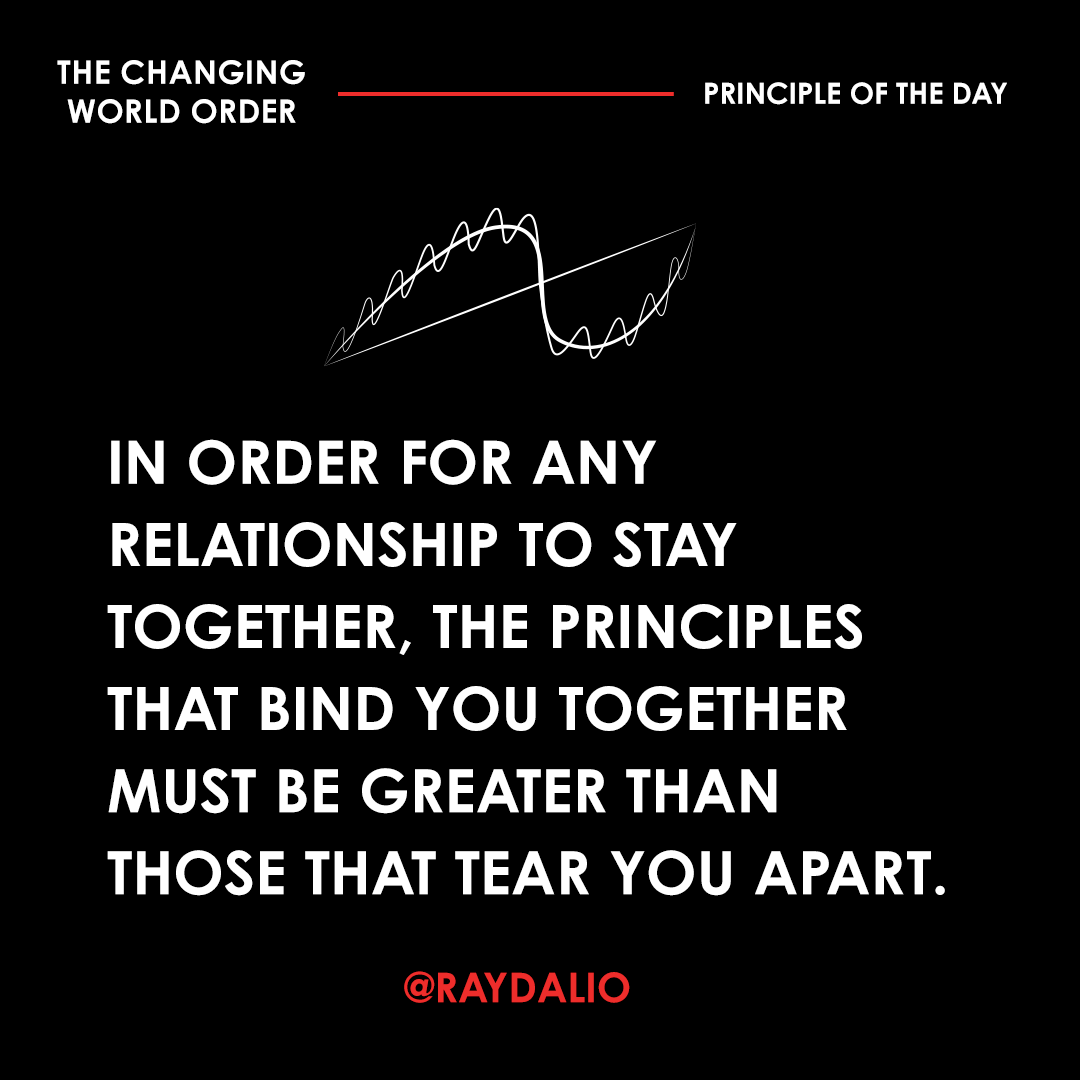
"Learning must come before deciding. Your brain stores different types of learning in your subconscious, your rote memory bank, and your habits. (1/7) 

But no matter how you acquire your knowledge or where you store it, what’s most important is that what you know paints a true and rich picture of the realities that will affect your decision. (2/7)
That’s why it always pays to be radically open- minded and seek out believable others as you do your learning. Many people have emotional trouble doing this and block the learning that could help them make better decisions. (3/7)
Remind yourself that it’s never harmful to at least hear an opposing point of view. (4/7)
Deciding is the process of choosing which knowledge should be drawn upon—both the facts of this particular “what is” and your broader understanding of the cause-effect machinery that underlies it (5/7)
—and then weighing them to determine a course of action, the “what to do about it.” This involves playing different scenarios through time to visualize how to get an outcome consistent with what you want. (6/7)
To do this well, you need to weigh first-order consequences against second- and third-order consequences, and base your decisions not just on near-term results but on results over time." (7/7)
• • •
Missing some Tweet in this thread? You can try to
force a refresh






